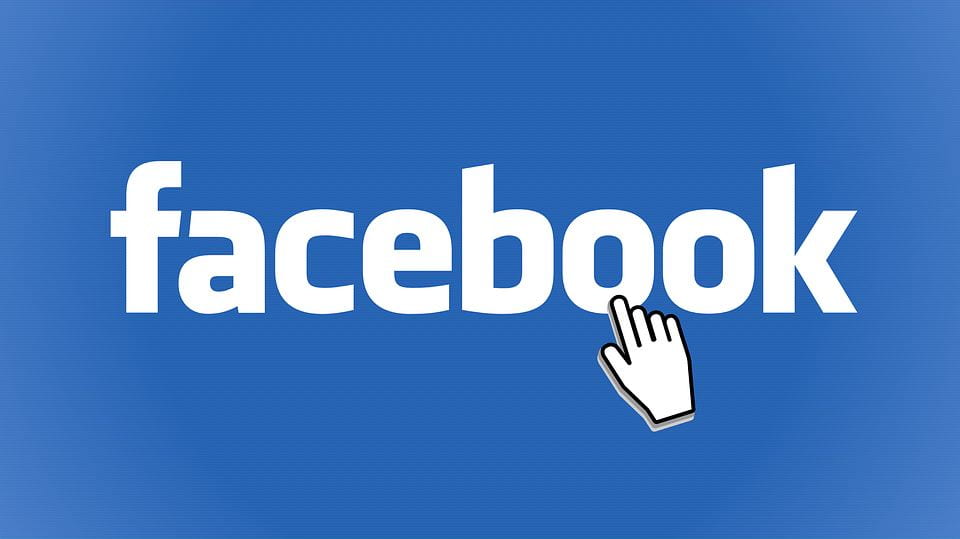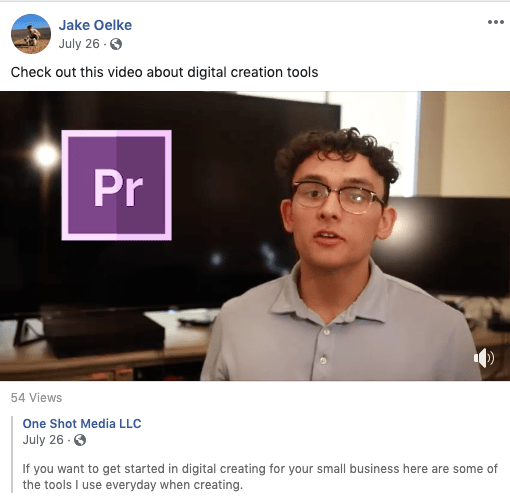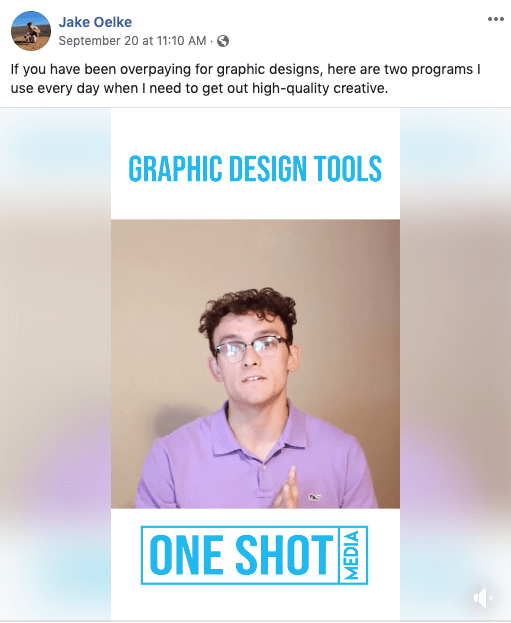College Students Stay Logged Into Facebook…For Now
Some students are transforming their use of Facebook by promoting their business ventures instead of life updates.
By Hanna Ellington
The Razorback Reporter
Fifteen years after its creation, Facebook has been transformed, along with a new generation of college students. Instead of being used as an online hangout, the platform has shifted to a professional and personal advertising platform, a UA professor said.

‘The facebook’ went online in 2004, with original users needing a university e-mail address to log on. Once it opened its arms to non-students, original Facebook users were faced with an intrusion of their exclusive community, said Ron Warren, a communication professor.
“I think one reason that young people moved, that some young people moved away from Facebook is because their parents went on it in droves,” Warren said. In 2005, a year after Facebook’s founding, a reported 85% of college students used the platform, according to TechCrunch. In 2018, 80% of 18-24 year olds reportedly were using Facebook, according the Pew Research Center, a decrease of only 5% in college-aged users over 15 years.
“Lots of college students still have Facebook accounts, they just use them for other purposes now,” Warren said.
Among the original Facebook users, adults now aged 30-49, 78% were using Facebook in 2018, according to the Pew Research Center. While the younger generation uses other platforms, the original Facebook users have a lower percentage of users on other platforms with only 40% using Instagram and 27% using Twitter in 2018, according to the Pew Research Center.
Because fewer adults use other social media platforms, students have been adapting to using Facebook as their way to communicate with older adults. Instead of evolving as a social platform, it became an advertising platform, Warren said.
“If you’re using it for access to your social network, Facebook’s become an advertising platform,” Warren said. “I think college students use it for that. If they want to interact with an organization, they’ll go to their Facebook page. If they want to go interact over political issues, they’ll go to a Facebook page. If they want to communicate with old people, they’ll go to a Facebook page.”

Some students use Facebook to promote their own brand and companies. For Jake Oelke, a UA sophomore and owner of One Shot Media LLC, Facebook can be useful for advertising toward an older generation.
“It is a great tool for engaging people with my business who aren’t my age, because there’s not a lot of business owners who are my age,” Oelke said. “So, a lot of the, I want to say older people, like 30s through 60s, 65, they’re all on Facebook, so that’s why I post stuff to Facebook, just to reach them.”
Advertising is a useful tool for those looking to expand their reach on the platform, said Raymond Ruiz, a Facebook Journalism Project representative. Facebook uses algorithms to decide the order of users’ newsfeeds, Ruiz said. Paying into advertising can pay off in the long run, Oelke said.
“Over the summer, I spent a lot of money on Facebook advertising,” Oelke said. “I set targets, like target markets, so if I had an ad talking about not fully understanding technology, I’d market that toward 50- to 65-year-olds, and I think those conversion rates were really high because I’d make a ton of impressions.”

LinkedIn, a business-oriented networking platform, and Facebook audiences overlap, with 90% of LinkedIn users also using Facebook, according to a report by the Pew Research Center. For Oelke, using LinkedIn for advertising could be more beneficial than using Facebook.
“If [Facebook] doesn’t innovate, it’s gonna die. So, I think my use of Facebook will go more heavy toward LinkedIn,” Oelke said. “I’m doing a lot of the same kind of posts on LinkedIn right now because of the organic reach. LinkedIn will show people your post for not even having to pay them, and LinkedIn’s a lot more professional.”
Facebook usage isn’t expected to decrease anytime soon, but other social platforms gaining users may begin to threaten Facebook usage.
“It’s hard to see it go away,” Warren said. “My guess is, if it starts to decline, they’ll morph to hedge against that sort of thing. And if there’s a platform that’s drawing the audience they want, then like every other media conglomerate, they will go buy it, which is why they own Instagram.”